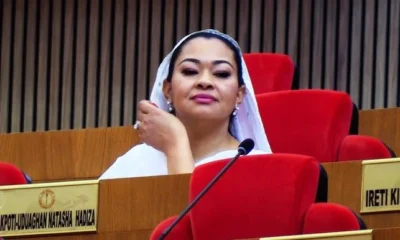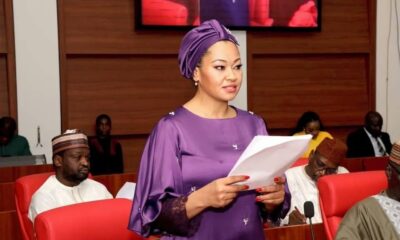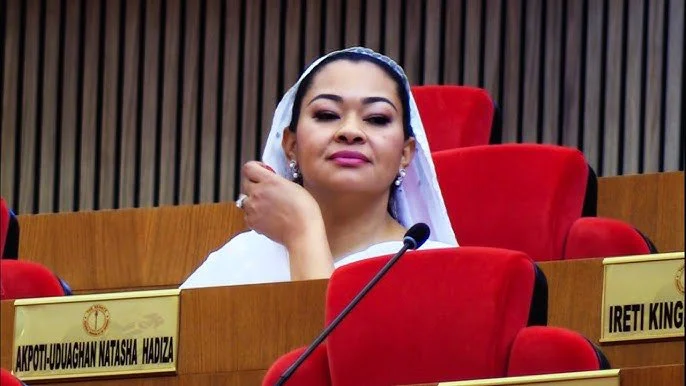The Enugu State Electricity Regulatory Commission has approved a reduced tariff for MainPower Electricity Distribution Limited, which replaced the Enugu Electricity Distribution Company. The Band A electricity tariff has been decreased from N209 per kilowatt-hour to N160 per kilowatt-hour.
The commission issued the directive over the weekend through a document labeled EERC/2025/003, titled “Tariff Order for MainPower Electricity Distribution Limited 2025.”
In a statement on Sunday, the regulator said the new rate, starting August 1, is based on actual costs and incorporates the federal government’s subsidy on electricity generation, which benefits consumers.
The commission stated that the decision aligns with the Enugu State Electricity Law 2023, which grants it the authority to oversee electricity generation, transmission, and distribution within the state.
“This law, signed by Governor Peter Mbah of Enugu state in September 2023, is pursuant to the 2023 Constitutional Amendment, which firmly established the legislative authority of the states on electricity matters within their states,” the statement reads.
“This was followed by the passage of the Electricity Act 2023, that repealed the Electric Power Sector Reform Act, 2005, and introduced major changes such as the separation of distribution and supply operations, and empowers states to regulate their own electricity markets.”
EERC TO MONITOR MAINPOWER TO ENSURE COMPLIANCE WITH NEW TARIFF
The regulator noted that it has set up monitoring and evaluation mechanisms as well as service standards to ensure that MainPower fulfills its service obligations and does not overcharge consumers for inadequate supply.
“MainPower is obliged to publish daily on its website a rolling seven-day average daily hours of supply on each Bank A feeder no later than 9am of the next day,” the commission said.
“Where MainPower fails to deliver on the committed level of service on Band A feeder for two consecutive days, MainPower shall report this to the Commission within 24 hours.”
The commission added that any Band A feeder that fails to meet the required service levels for seven straight days will be downgraded to reflect actual supply levels.
It stated its commitment to collaborating with “industry developers, investors, customers and Stakeholders to develop and implement strategies and solutions to provide access and improve electricity services to all the citizens of the state, as this is a win for the establishment”.
Chijioke Okonkwo, chairman of the EERC, said the tariff reduction followed a thorough review of MainPower’s license and pricing submissions, as it is a newly certified subnational operator in Enugu state.
“We reviewed their entire costs, using our Tariff Methodology Regulations 2024, and the supporting Distribution Tariff Model to get an average price of N94,” he said.
“The price is low because the Federal Government has been subsidising electricity generation cost which charges only N45 out of the actual cost of N112. That was how we came about the average tariff of N94 as cost reflective tariff at our level as a subnational electricity market.
“The actual PPA cost of any power purchase made by Mainpower out side the one subsidized by Federal Government, through the Nigerian Bulk Electricity Trader (NBET) will trigger automatic tariff adjustment to accommodate the PPA price because it will not be subsidized by the Federal Government.
“Breaking this across the various tariff bands means that Band A will be paying N160 while other Bands B, C, D, and E are frozen.
“Band A, at N160 will help MainPower to manage the rate shock, and if the subsidy is removed, the savings will assist them in stabilising the tariff over a defined period of time.”
According to Okonkwo, the tariff will always reflect actual costs and will not require any financial assistance from the state government.
He also stated that if the federal government stops subsidizing generation costs, the Band A tariff of N160 could become unsustainable, and prices might exceed the current rate.
Until that happens, he said it is appropriate that “Ndi Enugu – Band A customers” benefit from the lower tariff starting August 1.

 BIG STORY4 days ago
BIG STORY4 days ago
 BIG STORY3 days ago
BIG STORY3 days ago
 BIG STORY4 days ago
BIG STORY4 days ago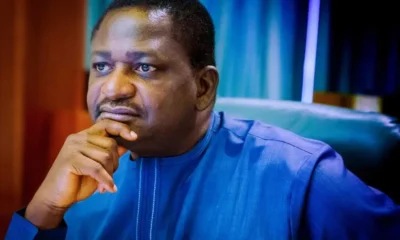
 BIG STORY3 days ago
BIG STORY3 days ago
 BIG STORY3 days ago
BIG STORY3 days ago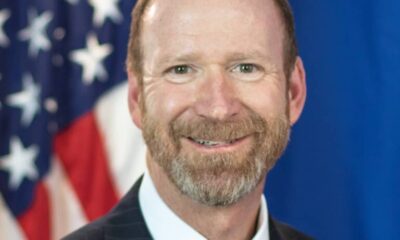
 BIG STORY3 days ago
BIG STORY3 days ago
 BIG STORY5 days ago
BIG STORY5 days ago
 BIG STORY3 days ago
BIG STORY3 days ago









